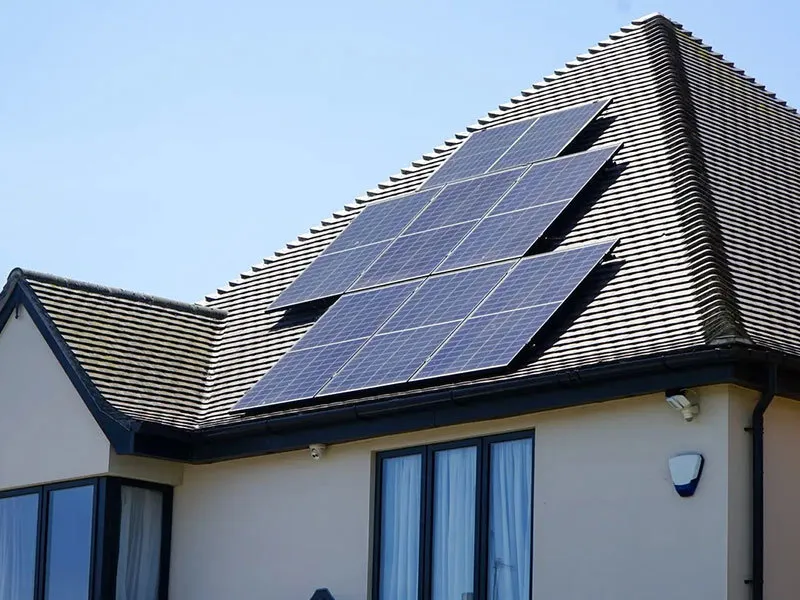Comprehensive Guide to Understanding Solar Panel Specifications and Their Impact
Understanding Solar Panel Specs A Guide to Making Informed Choices
As the world moves towards sustainable energy solutions, solar panels have gained immense popularity among homeowners and businesses alike. However, selecting the right solar panels can be daunting, especially with the myriad of specifications available. Understanding these specs is crucial in making informed decisions that suit your energy needs, budget, and installation considerations.
1. Power Output (Wattage)
The power output of a solar panel, measured in watts (W), indicates the amount of electricity the panel can generate under standard test conditions. Panels typically range from 250W to 400W. While higher wattage panels produce more energy, they can also come with a higher price tag. It’s essential to evaluate your energy needs and consider how much roof space you have available when choosing wattage. For instance, a home with limited roof space may benefit more from higher-efficiency panels that produce more energy in a smaller footprint.
The efficiency of a solar panel refers to the percentage of sunlight it can convert into usable electricity. Higher efficiency ratings (usually between 15% to 22%) mean that the panel can produce more energy in less space. For example, if you live in an area with limited sunlight or have a smaller roof, opting for higher-efficiency panels may be wise. However, higher efficiency often comes at a higher cost, so it's essential to balance efficiency with your budget and space constraints.
3. Temperature Coefficient
Solar panels operate less efficiently as temperatures rise; hence, the temperature coefficient measures how much a panel's output decreases as temperature increases. For instance, a temperature coefficient of -0.4% per degree Celsius means that for each degree above 25°C, the panel's power output will drop by 0.4%. Panels with a better (lower) temperature coefficient are preferable in regions with high-temperature climates, as they will maintain efficiency better during hot weather.
understanding solar panel specs

4. Durability and Warranty
The build quality and durability of solar panels are essential considerations. Look for panels constructed with high-quality materials that can withstand extreme weather conditions, such as hail, wind, and heavy snow. Additionally, check the warranty offered by the manufacturer. Most reputable manufacturers provide a product warranty of 10 to 25 years and a performance warranty that guarantees a certain output level over time. A robust warranty not only reflects the manufacturer’s confidence in their product but also protects your investment in the long run.
5. Type of Solar Panel
There are primarily three types of solar panels monocrystalline, polycrystalline, and thin-film. Monocrystalline panels tend to have the highest efficiency and durability but come at a premium price. Polycrystalline panels are less expensive and slightly less efficient. Thin-film panels are lightweight and flexible, making them suitable for various applications, but they generally have lower efficiency. Understanding the type of panel best suited to your needs and circumstances is crucial in your decision-making process.
6. Brand Reputation
Finally, consider the brand’s reputation and customer reviews. Established solar manufacturers with a history of reliability and customer satisfaction typically offer better products backed by robust warranties and support. Researching user experiences can provide insights into long-term performance and reliability.
In conclusion, understanding solar panel specifications is vital when choosing the right panels for your energy needs. By evaluating power output, efficiency ratings, temperature coefficients, durability, and the type of panels, prospective buyers can make an informed decision. Additionally, considering brand reputation can lead to a more satisfying and sustainable investment in solar energy. Making the right choice not only benefits your home or business but also contributes positively to the environment by embracing renewable energy solutions.
-
Unlocking Energy Freedom with the Off Grid Solar InverterNewsJun.06,2025
-
Unlock More Solar Power with a High-Efficiency Bifacial Solar PanelNewsJun.06,2025
-
Power Your Future with High-Efficiency Monocrystalline Solar PanelsNewsJun.06,2025
-
Next-Gen Solar Power Starts with Micro Solar InvertersNewsJun.06,2025
-
Harnessing Peak Efficiency with the On Grid Solar InverterNewsJun.06,2025
-
Discover Unmatched Efficiency with the Latest String Solar InverterNewsJun.06,2025







